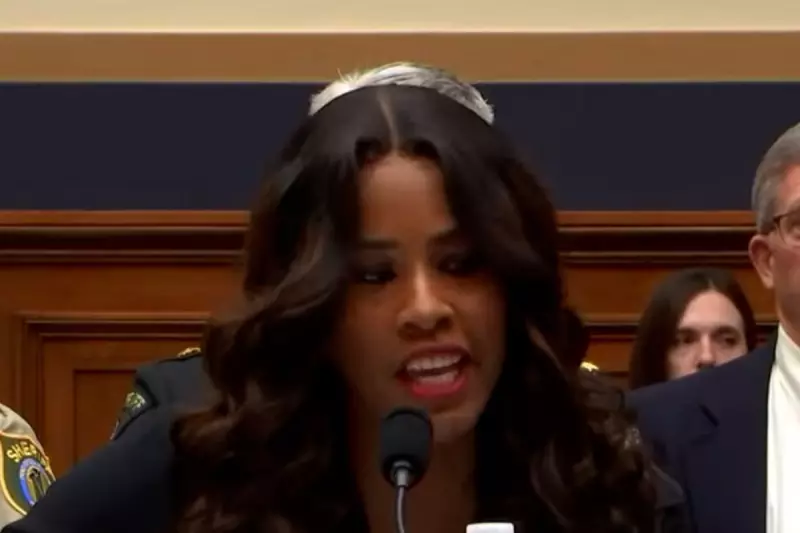
In a dramatic intervention that has sent shockwaves through US political circles, former President Donald Trump has demanded a full-scale federal takeover of Chicago to address its rampant violent crime.
The ex-President, and current Republican frontrunner, used his social media platform Truth Social to call for an immediate and sweeping solution. His prescription is as controversial as it is direct: send in the National Guard.
A City in Crisis: Trump's Stark Warning
Pointing to the city's deeply troubling homicide and violent crime statistics, Trump framed the situation in Chicago as nothing short of a catastrophe. His statement painted a picture of a metropolis in the grip of lawlessness, requiring a drastic, state-level response that local leadership has failed to provide.
"We cannot let this happen to a great American city," his post declared, positioning federal force as the only viable remedy.
Echoes of a Hardline Past
This proposal is not a new refrain for Trump. It harkens back to his 2019 tenure when he frequently threatened to deploy federal resources to combat urban crime in cities run by Democratic mayors. His latest comments suggest a potential preview of the hardline, law-and-order agenda that would likely define a second Trump term.
The call for military intervention in a major US city is one of the most constitutionally complex and politically charged actions a president could take, typically reserved for natural disasters or civil unrest that overwhelms local authorities.
The Political Firestorm Ignites
Unsurprisingly, Trump's proclamation was met with immediate and fierce opposition. Critics were quick to condemn the move as a dangerous political stunt and an affront to the principles of local governance.
Brandon Johnson, the current Mayor of Chicago, issued a sharp rebuke, framing Trump's demand as "an assault on the very soul of our nation" and a reckless gesture that undermines the work of community leaders. The response highlights the deep ideological divide on criminal justice policy, setting the stage for a heated national debate as the election cycle intensifies.
This move solidifies Trump's commitment to a central campaign theme: portraying Democratic-run cities as bastions of chaos and himself as the only leader willing to restore order, by any means necessary.





